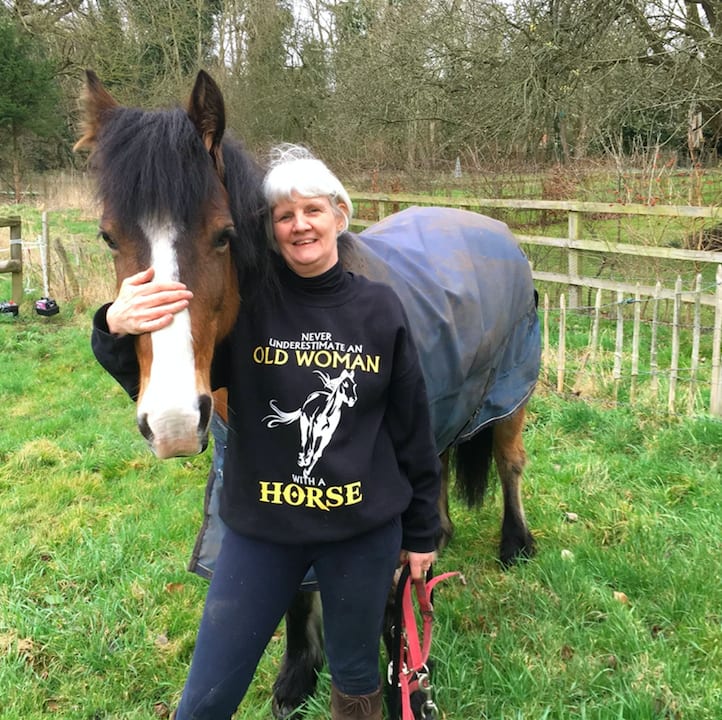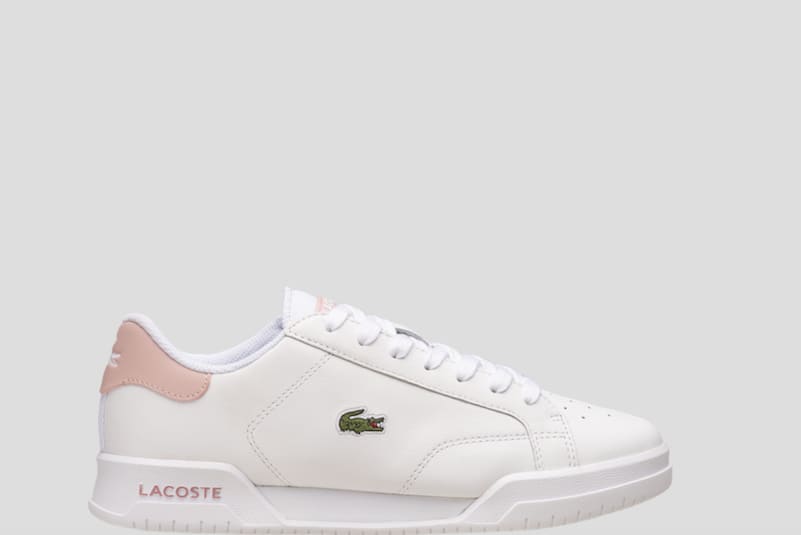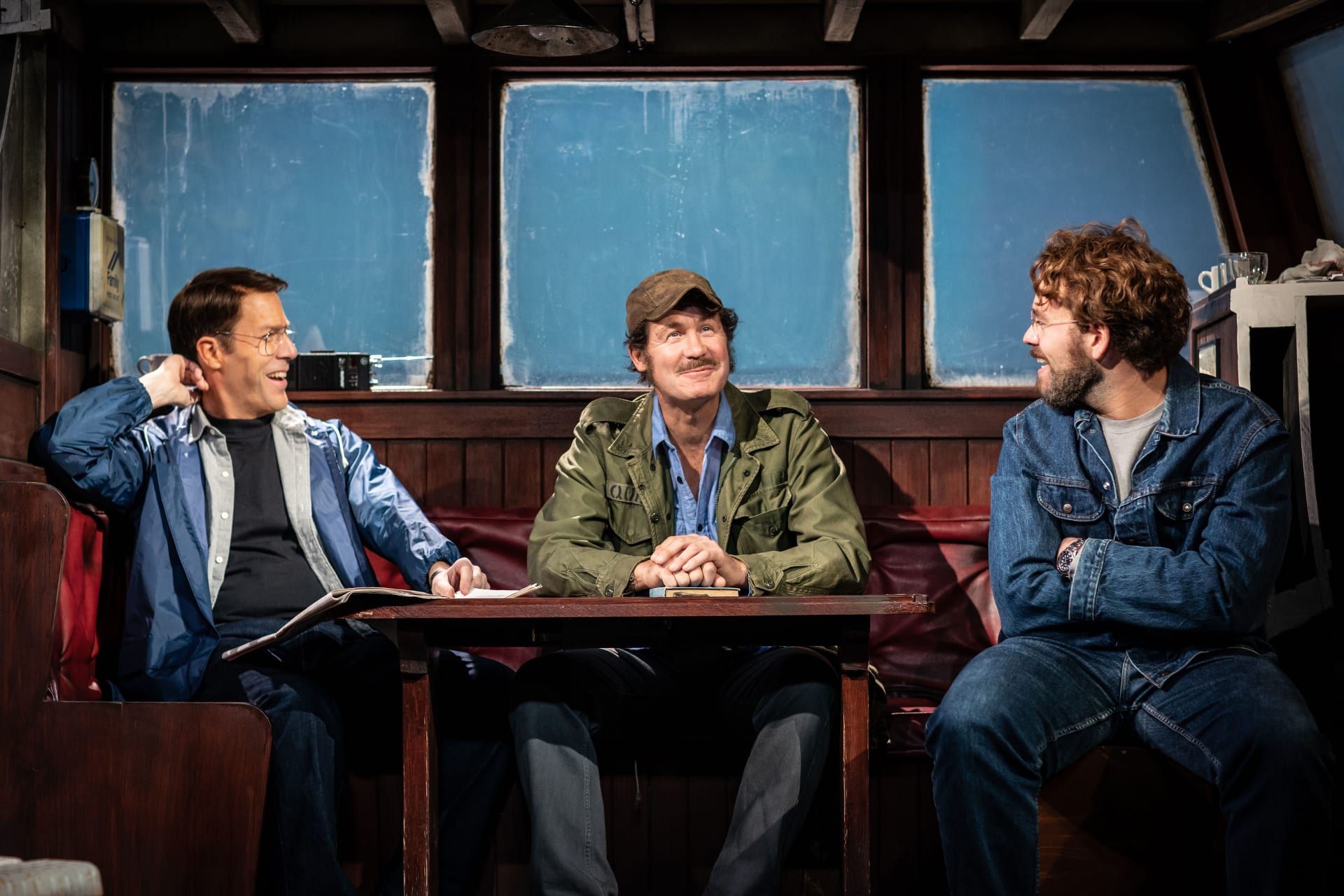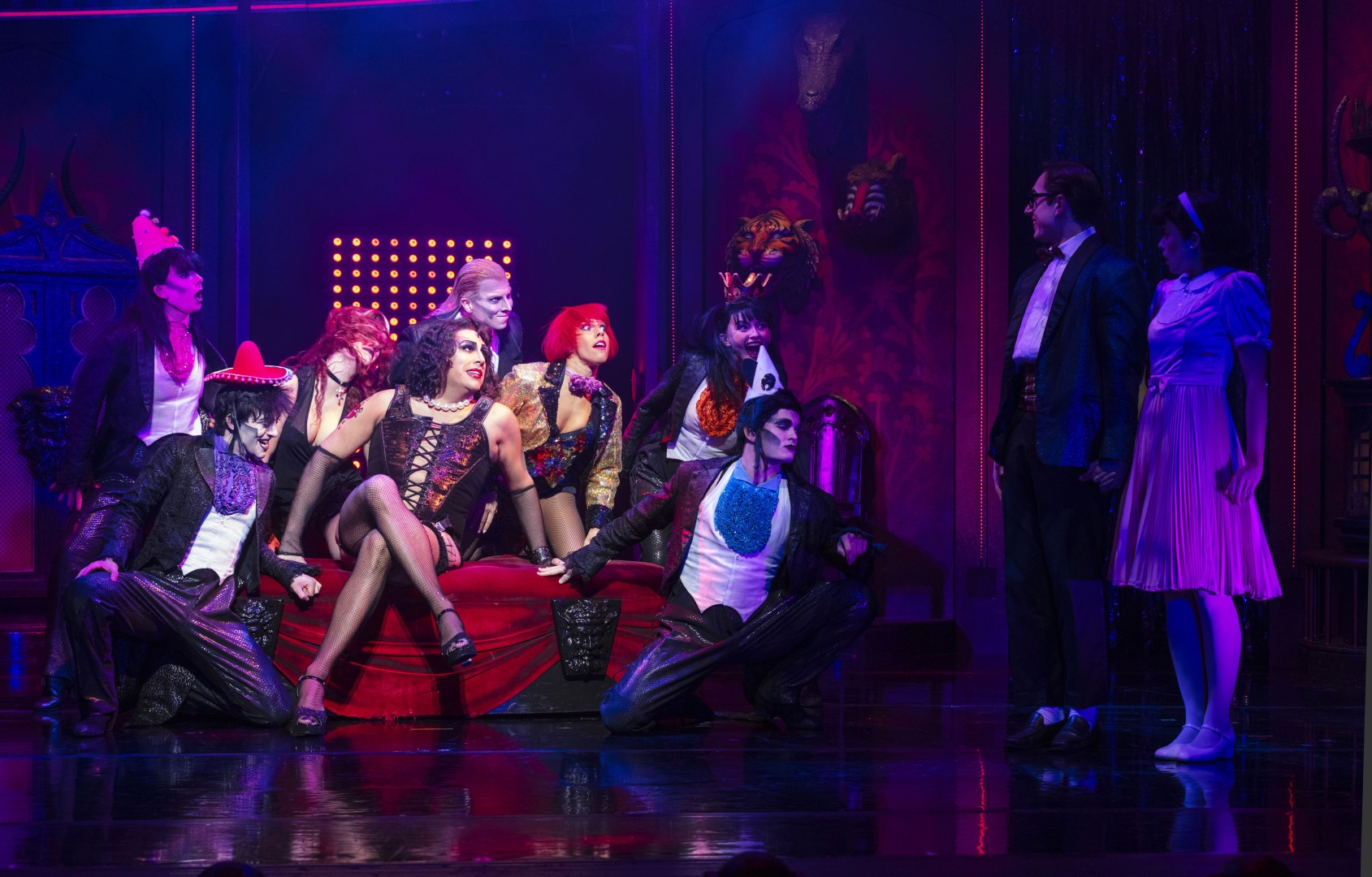Siobhan Bennett by Sam Bennett
One evening last month, my MD Jill rang. “For the next issue,” she said, “could we feature your mum?” I ummed, ahhed, and to be frank, wondered why. “I think for the women’s issue we need local, great women,” my boss resumed, “and your mum does the lot, doesn’t she? An NHS nurse with a family to look after.” I was still unsure, probably because I’d never conducted an interview so close to home, I thought it might be awkward. However, I arranged a Zoom call with Mum, who at that stage seemed more eager to do it than me. But, once I’d prepared the questions, and also as soon as our conversation started, I realised I’d been wrong. And so, marking Mother’s Day, Siobhan Bennett (a mum of five) becomes the first in our ‘OX-traordinary Humans’ series. Due to an upcoming eye operation, she is self-isolating at the time of speaking. “I’m working from home,” she says, “I’ve been set up with a work computer, I’ve fallen out with your dad about five times because I get so stressed about IT. I’ve had several meltdowns already, and it’s only Monday…”
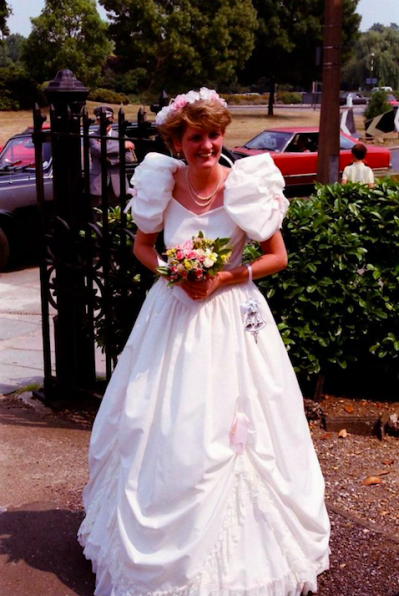
But she seems calm, and I begin by asking if the past 12 months have been the most tasking of her career as an NHS nurse.
Without any shadow of a doubt. Considering I’m an old bird and I’ve been nursing since 1983, I’ve never known anything like it, even in the days of looking after patients with HIV. Not really knowing what we were up against was the challenge in the first wave; the rate at which COVID spread, the seriousness with which it affected people, the things we didn’t know… The second wave has been harder in some ways because it’s affected more people, more staff, but we learnt a few lessons from the first time around – about weekly testing, isolating, and incubating. What I found most difficult, and this will sit with me forever, was during the first wave when we had several patients dying from COVID, and at that point we weren’t letting family members in. Those patients died without family beside them. During the second wave we allowed visitors, albeit under close regulation, in full PPE, and only for those at the end of life, and then usually one at a time. So yes, for sure, there’s been nothing like it in the 30-odd years I’ve been in the NHS.
When you first understood the gravity of the situation, was it in a professional capacity or did you learn about that with everyone else? In other words, were you a couple of steps ahead of the public because you’d already been briefed and had plans in place at work?
I think we were. Looking back though, and we’re always wise in hindsight, we probably should have had better preparation. We had lots of PPE, we never ran out of anything, we were ordering things and, to be fair, it all arrived pretty quickly. So, we were probably a couple of steps ahead in looking at just how bad it may become, but things felt rushed.
I suppose there was little chance of you viewing 100,000 plus deaths as merely a statistic, because you’d seen such death first-hand. You must have a strong comprehension that behind every number is a human being.
Absolutely, and I think as well, working in a community hospital – not to negate what’s going on in the acute unit at all – we get to know our patients quite well because they’re with us for quite a long time. On average, probably six weeks, while they’re rehabbing and then waiting for care packages. So, we get to know them, their family members – we are like a family. When you develop that relationship with patients and then see them – having been relatively well, albeit not doing cartwheels, but waiting to go home – get COVID and in some cases incredibly ill, that isn’t a statistic. That’s somebody you’ve shared time with, established a relationship with, and that made it really hard.
Have you had both your vaccine jabs?
I’ve had one, I’ve got my second one booked for 27 February. It’s been really great seeing so many people vaccinated, and actually a vaccine team came in last week to vaccinate a lot of our patients. Although we had a few moans the next day because everyone had sore arms and felt sick, the feeling of having had the vaccine was tangible. People were so relaxed, so relieved, as are staff, I think, once they’ve had the vaccine, especially if they’ve got the second one booked. It’s a source of great optimism. So is the fact I’ve never in all my nursing career seen so many acts of kindness and support. Random acts of great, great kindness. There were quite a few local people who were going to do the London Marathon, and when it was cancelled, instead of running they did a massive baker-thon and brought us cakes. There were heaps of really, really good things. I will never forget how bad it’s been, but I will never forget how amazing people have been either.
Grandad tells this story about you as a kid, being into horses and wanting to be a nurse, and someone telling him ‘all girls are like that, but they grow out of it’. Decades on, you haven’t grown out of either.
I went riding yesterday. It was cold. I can’t remember Dad having that conversation with me or anybody else, but I don’t for one minute doubt its accuracy. And yeah, it has happened, hasn’t it? I remember being obsessed with horses from a tiny age, before I was going anywhere near them, I couldn’t wait to be old enough to start riding. That happened to lots of girls and boys, they start working at stables, getting the odd free lesson here and there. When I was about 11, I used to go down to these little stables in Radley. It was a bit of a dump if I’m absolutely honest, and looking back I’m amazed I’m alive, but it was a great way of getting to know horses – and that didn’t cost me anything because I used to go and help out, along with Sue who’s been my friend since we were four. The pair of us were there for years – broken arms, broken legs, goodness knows what – and I suppose for some people that interest dwindles as life takes over. While you guys were all quite small, I didn’t really have the opportunity to do it as much as I wanted, but the love of horses has never gone away. It’s every bit as good now. It’s just I’m a bit older and it hurts more when I come off. That’s why I’m riding a smaller pony, it’s not so far to fall.
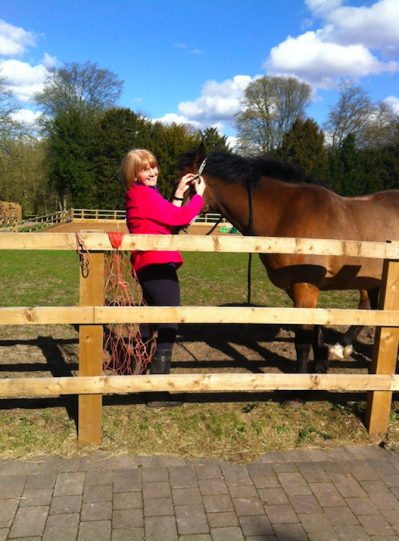
You have had a few falls, Mum.
I have recently, haven’t I? It’s because I’m old and I’ve realised you don’t bounce so well, and you get a little bit more cautious, so your horse doesn’t go quite so well for you. You tackle riding slightly differently as you get older – if you want to stay out of hospital.
Your recent falls haven’t been as dramatic as in your younger years.
When I was younger, I was very stupid and fearless. I was convinced I was immortal and that whatever happened, I would bounce back on this horse and all would be well. Your grandma used to say, ‘I hope you wear a riding hat’ and I never did. At the end of the day, we used to put all the slow horses in the field, keep the fast ones out, and race them up and down the track in the pitch black. That was just hilarious fun to us. I wouldn’t do it now.
There was one point where I thought I would either nurse or be with horses, and then I spent a winter finding out what it would be like to be a working pupil at a stables (when you work and get free tuition in some sort of horse-related job) in Southmoore. I lived in this caravan and was so cold I thought: ‘I’ll go and be a nurse!’ Well, that wasn’t quite the reason, I think I just always knew I would end up nursing. I did stop when you guys were small, or at least just worked at weekends, and was so glad I was in a position where I could do that. That was the best time, with you guys growing up. We had such a laugh, didn’t we?
We did!
But I knew I would go back into nursing when you were older. So, your grandad’s right really.
Where did you train?
Leeds General Infirmary. I loved my time up there, I stayed for about two years after I qualified, but then thought I needed to move around a bit more and came back to Oxford for a while. After that I moved to St Mary’s in Paddington, which again was brilliant.
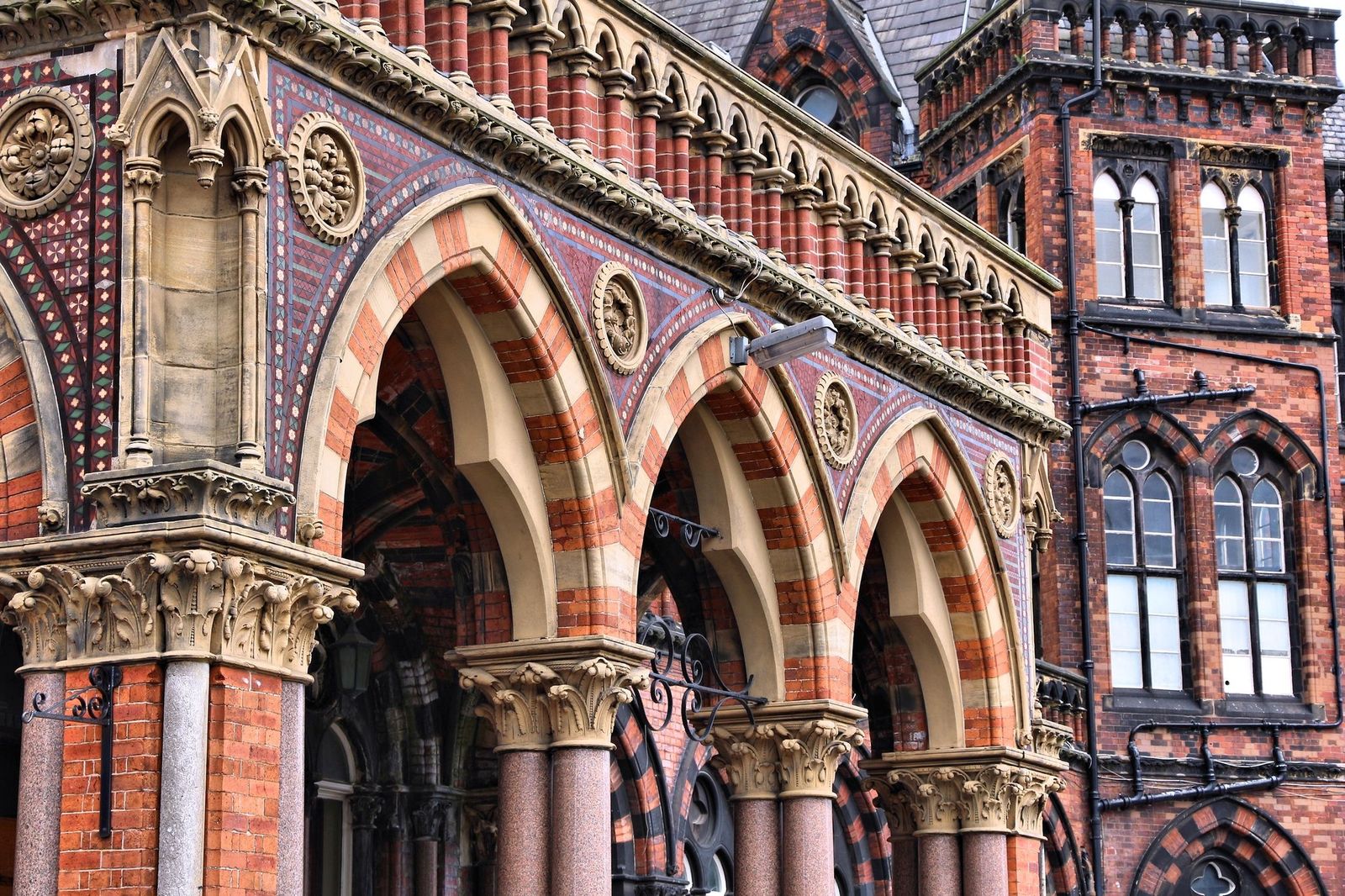
Leeds General Infirmary
Where were you when you were treating HIV/AIDS patients?
I didn’t treat very many, but when I was still in Leeds – I had qualified and was working on a chest unit – there was a gentleman who had AIDS. We weren’t really told about it. He was the first patient I nursed who died from the illness, and then I nursed a couple more when I was at the John Radcliffe, towards the end of their lives.
By that point, were you clued up on the fact you could physically touch these people without being infected?
For sure. And we touched the first gentleman I looked after, because we didn’t know not to, and thank goodness we didn’t know. If we had been told, ‘You can’t touch him’… that poor man, I can still see his face.
Did becoming a mother change you as a nurse?
I don’t know if it made a huge amount of difference to how I nurse people, but I hope it’s made me more tolerant as a manager of staff and students who have got children, all sorts of stuff going on, doing that work-life balance thing. I was lucky because your dad was around a lot, but some people are not in that situation and they’ve really got to be organised, and I hope being a mum has made me realise how tricky that can be. It also makes you a more rounded person, you don’t get focused on just the one thing, like your job. So yeah, it did change things, for the best.
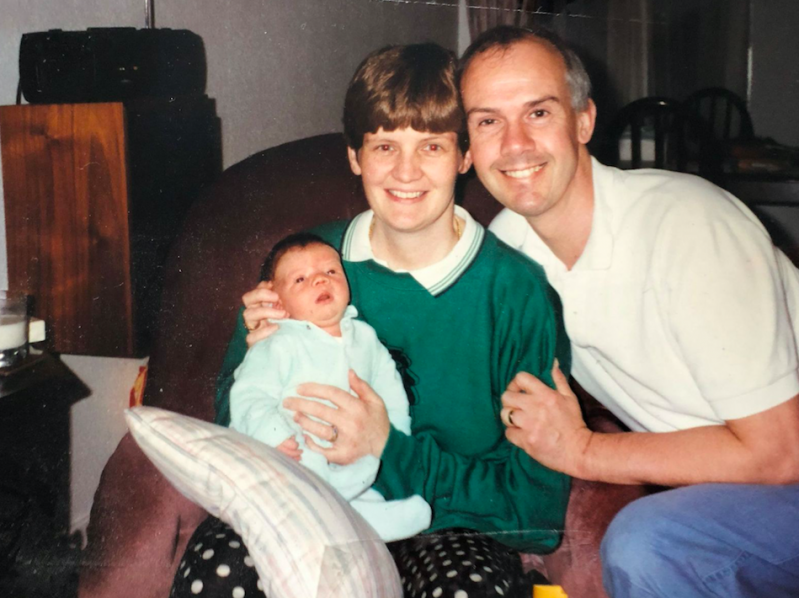
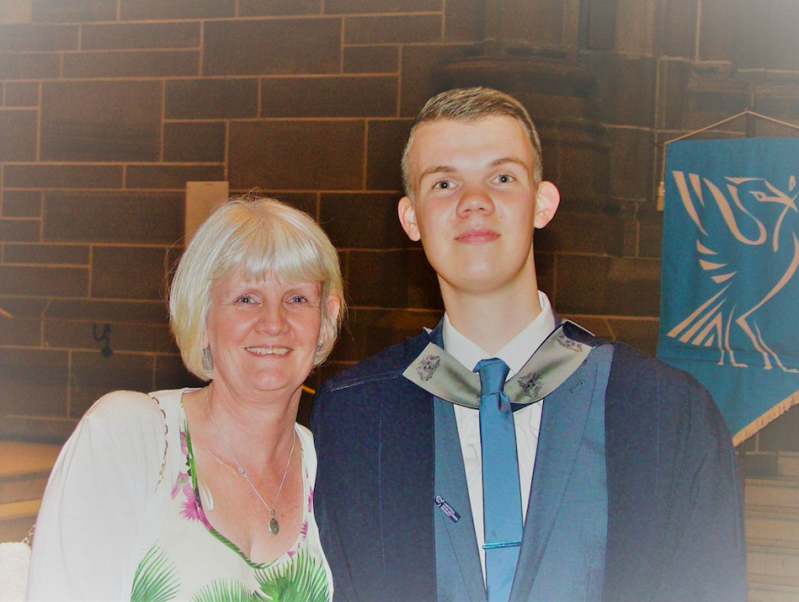
When you vote, do you do so as a nurse? I’m not talking about you turning up at the polling station in uniform, more your mindset.
Well, we have a polling station with a parrot in it, so a nurse’s uniform wouldn’t be that weird. It’s probably a narrow perspective, but yes, I do. I think the NHS is the greatest thing our country has, as a fundamental principle. That to me is the most important thing to preserve and invest in. So, I go in as a nurse and vote accordingly. I do that more as I’ve gotten older, and you’re all grown up, living independent lives. I’m thinking back to voting when I wasn’t full-time at the NHS. Was I looking at education records? Possibly. I wonder if it depends on where your focus is at that time.
I always think about what a government does for LGBT+ people, because I’m part of that community.
Yeah, you’ve got to be guided or influenced by something that matters to you.
Mum, I think we’ve done it, answered all the questions.
Oh, my goodness, was it awful?
No, and I didn’t know most of it.
Well, you grew up with me a nurse, but really, why would you know about it? The closest you ever got was coming onto the ward and smelling the porridge.
Oh God yeah, first thing in the morning before school. Thing is, I quite like porridge now.
I must admit, there are no jobs on that ward I’m not prepared to do… except for breakfast because I can’t do the porridge. When they’ve made me do it, I’ve had to shut my eyes, and hope it ends up in the bowl.
Speaking of which, good luck with the operation.

